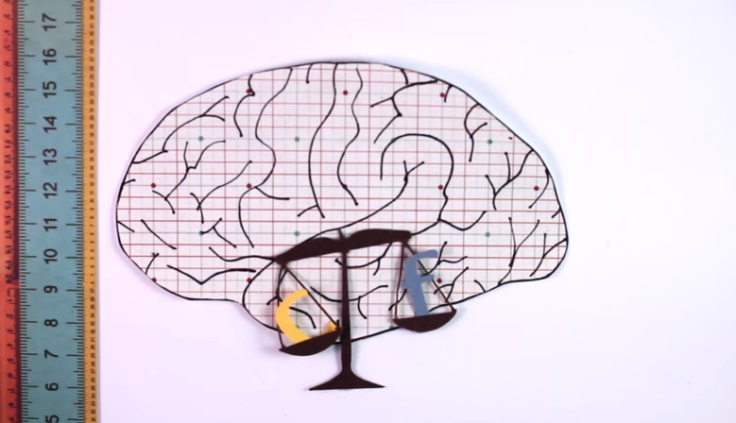Mental Peak: Is There A Cutoff Age For Reaching Our Peak Of Intelligence? If So, When Is It?

Human intelligence includes a variety of different cognitive abilities, such as capacity for reasoning, planning, problem solving, abstract thought, self-awareness, communication, creativity, learning, etc. Have you ever wondered how long you will be able to hold on to your intelligence or when it'll peak? Putting a specific age on when we’ll be at our smartest is a tall order, but research shows there is a general timespan for when our mental abilities reach their height and when they start to decline.
Albert Einstein said “a person who has not made his great contribution to science before the age of 30 will never do so.” That’s easy for Einstein to say, considering he published four groundbreaking papers at the age of 26. The amount of physicists who completed their award-winning work before the age of 30 peaked in 1923 at 31 percent compared to zero percent in 2000. In fact, only 19 percent of physicists were able to complete their award-winning work before the age of 40 in 2000.
Psychology experts tend to break intelligence down into two types: crystallized and fluid intelligence, a concept proposed by British psychologist Raymond Cattell. Fluid intelligence comprises the ability to think logically and solve problems, independent of acquired knowledge. Crystallized intelligence is our ability to utilize knowledge from our experience and what we have learned.
While both types of intelligence increase during childhood and adolescence, fluid intelligence peaks during young adulthood before gradually declining, and crystalized intelligence remains stable throughout most of our life before starting to decline around our 70s. Research examining general mental abilities revealed that our abilities increase until around our late 30s to early 40s before stabilizing into our mid 50s to early 60s and declining in our late 60s.
Published by Medicaldaily.com



























